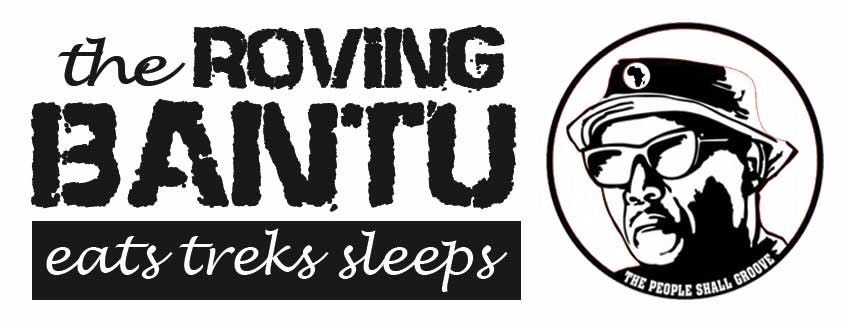
Jazz Against Apartheid. The Johnny Mbizo Dyani Story
When a complete archive of 36 years of exile history is repatriated to the Steve Biko Centre in King Williams Town and Gompo Art Centre in East London, a ground-breaking journey begins for a new generation of artists.
Supported by the ECDC, Hessen Ministry, Protestant Church, Germany Embassy, the journey from Jazz Against to Apartheid to Jazz for Rural Advancement is a worldwide co-operation fitting to the national theme of Unity or uBuntu described in a word as Imvuselelo – The Revival.
Filmed over a series of 4 years of Live Music and Cultural Exchanges at the Steve Biko and Gompo Art Centre, Imvuselelo provides a multi-media archive of dialogue session live music and education. Released as a series of micro-films, many stories are told of an Eastern Cape legacy of jazz excellence, previously unknown.
At the heart of this multi-generation momentum moving story is Johnny imbizo Dyani. Born and bred in Gompo Village, a poor neighbourhood on the outskirts of East London, the unsung hero carried the musical message of liberation as far as Denmark, Sweden, Switzerland, UK and the USA.
The restorations and repatriation of cultural memory of his story through exhibitions, interviews, archives gathered through an extensive live recording project in 2022 – 2023 is the foundation for one of the greatest stories yet to be told from the Eastern Cape.
Written by experienced jazz writer and music educator Struan Douglas, the Micro-film is a first in a long series of Eastern Cape “Jazz Movies” still to be made. Part one of this re-awakening of Eastern Cape Jazz Legacy is Johnny Mbizo Dyani Homecoming Tour 2022 – 2023.
Through the audio-visual documentation of skills transfer or Nachwuchsförderung, the eclectic compositions of Johnny Dyani are revived, learnt and performed. These are the same compositions that carried the flame of South Africa’s liberation worldwide through his ground breaking album Song for Biko and the movement he inspired, Jazz Against Apartheid.
The story traces his career through his formative years were as an acapella singer, a pianist, bassist at home in Duncan Village (1945 – 1962). Revelling in the vocal groups of Duncan Village, the journey passes through the young giants of Eastern Cape Jazz (Feza, Pukwana), a bass mentorship with the Jazz Wizards and a baptism into free jazz with the legends of Port Elisabeth, Cape Town and Dorkay House, before as a 17-year-old joined South Africa’s first mixed band – the Blue Notes and heading overseas never to return.
The story traces the emotion of dislocation of suppression. Dyani carried the soil of his home with him both in his pocket and in his musical compositions. The international jazz movement and breakaway collaborations of the South African musicians transformed musical expression into the free-jazz movement in Europe.
Dyani became the foremost composer and collaborator on the European jazz scene. But as the head of the ANC cultural wing in exile and out of the various anti-aparhied movements including Artists Against Apartheid in Sweden he founded the Jazz Against Apartheid movement in 1986.
With the support of fellow musicians, unsung heroes living and late the micro-film project is an episode in the long-standing commitment to continuing Dyanis work and growing the link between Eastern Cape Jazz and the movement to progressive European musicians.







